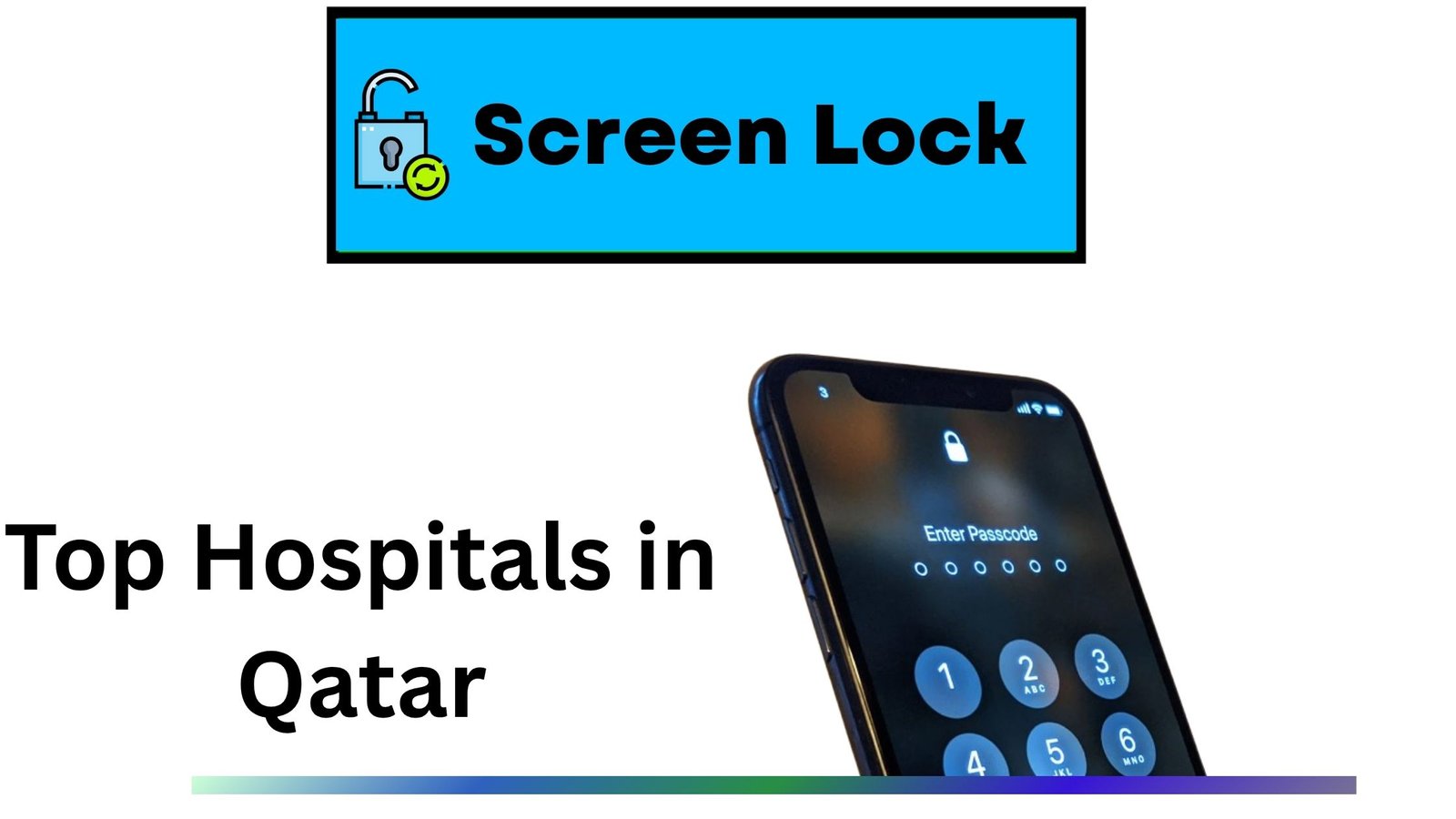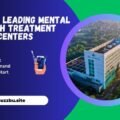Facing a neurological condition, whether it’s migraines that disrupt your life, the tremors of Parkinson’s, the challenges of MS, or recovery from a stroke can feel isolating and overwhelming. You deserve expert care, the latest treatments, and a team that sees you, not just your diagnosis.

Germany has long been a beacon of hope in neurology, renowned for its world-class specialists, pioneering research, and advanced technology.
In 2025, this commitment to neurological excellence is stronger than ever. If you’re searching for the best possible care for yourself or a loved one, exploring Germany’s top neurology clinics is a powerful step towards reclaiming health and hope.
Why Germany Stands Out for Neurological Care
Germany’s healthcare system consistently ranks among the best globally, and neurology is a particular strength. Here’s why patients from across Europe and the world seek care here:
World-Renowned Expertise: German universities and hospitals train and employ some of the most respected neurologists and neurosurgeons globally. Many lead groundbreaking research while providing exceptional clinical care.
Cutting-Edge Technology: From ultra-high-field MRI scanners (like 7 Tesla MRI) providing unprecedented brain images to advanced robotics for precise surgery, deep brain stimulation (DBS) systems, and AI-assisted diagnostics, German clinics invest heavily in the latest tools.
Integrated & Comprehensive Care: Top clinics don’t just treat symptoms; they offer holistic care. This means seamless collaboration between neurologists, neurosurgeons, neuroradiologists, neuropsychologists, physiotherapists, occupational therapists, and speech therapists – all under one roof or in close coordination.
Focus on Research & Innovation: Many leading clinics are university hospitals deeply embedded in research. This translates directly to patient access to cutting-edge therapies, clinical trials for new medications and devices, and innovative treatment protocols often unavailable elsewhere.
High Standards & Regulation: Germany’s strict healthcare regulations ensure consistently high standards of hygiene, safety, equipment calibration, and medical practice across certified facilities.
What Defines a “Top” Neurology Clinic in 2025?
Choosing the right clinic is deeply personal. Beyond reputation, look for these hallmarks of excellence relevant to your specific needs:
Specialized Centers of Excellence (Centers): Leading clinics often house certified centers focusing deeply on specific conditions like Multiple Sclerosis, Parkinson’s and Movement Disorders, Epilepsy, Stroke (Certified Stroke Units), Neuromuscular Diseases, Brain Tumors, or Headache Medicine. Look for these certifications.
Advanced Diagnostic Capabilities: Precision diagnosis is key. Top clinics offer the full spectrum: advanced MRI (3T, 7T), fMRI, PET-CT, SPECT, EEG (including video monitoring), EMG/NCV, specialized lab tests, and genetic analysis.
Innovative Treatment Options: Access to the latest medical therapies, minimally invasive neurosurgery techniques, complex epilepsy surgery, DBS programming, infusion therapies for MS, neuro-rehabilitation robotics, and participation in clinical trials.
Multidisciplinary Teams: The best outcomes often come from teams where specialists communicate daily. Look for clinics that emphasize this collaborative approach, especially for complex cases.
Patient-Centered Approach: Compassion, clear communication (including support for international patients), individualized treatment plans, and strong support services (social work, psychological support) are vital.
Spotlight on Germany’s Leading Neurology Clinics (2025 Focus)
While many German hospitals offer excellent neurology care, several consistently stand out nationally and internationally, particularly known for advanced care in 2025:
Charité – Universitätsmedizin Berlin (Department of Neurology with Experimental Neurology): A titan in medical research and care, Charité in Berlin is consistently ranked among Germany’s top hospitals. Its neurology department is vast, covering virtually every subspecialty with immense depth. Their strength lies in cutting-edge research translating rapidly into clinical practice, especially in neuroimmunology (like MS), neurodegenerative diseases (Parkinson’s, Alzheimer’s), stroke, and neuro-oncology. Expect access to the latest diagnostics and therapies within a major university setting.
Universitätsklinikum Heidelberg (Department of Neurology): Heidelberg is synonymous with medical excellence. Their neurology department is a powerhouse, particularly renowned for its work in neurodegenerative diseases (operating one of Germany’s leading centers for Parkinson’s and related disorders), neurogenetics, neuromuscular diseases, and stroke. They are deeply involved in pioneering research, including novel therapeutic approaches like gene therapies and advanced DBS techniques. Their integrated care model is robust.
LMU Klinikum München (Department of Neurology): Based in Munich, this university hospital boasts a large and highly respected neurology department. They excel in comprehensive stroke care (with a certified Stroke Unit), epilepsy (including complex presurgical diagnostics and surgery), neuroinflammatory diseases (MS), headache medicine, and neurocritical care. They are known for embracing technological innovations and providing structured, specialized care pathways.
Universitätsklinikum Köln (Department of Neurology): Cologne’s university hospital features a neurology department with a strong international reputation, particularly in epilepsy treatment (home to one of Europe’s leading epilepsy centers), cognitive neurology/dementia, movement disorders, and neuroimmunology. They are heavily focused on translational research, bringing discoveries from the lab bench directly to the patient bedside. Their interdisciplinary approach is a major strength.
Universitätsklinikum Essen (Department of Neurology): Essen has built a formidable reputation in neurology, especially through its close integration with the highly regarded West German Cancer Center. This makes them leaders in neuro-oncology (diagnosing and treating brain and spinal cord tumors) and neurological complications of cancer. They also have strong programs in stroke, MS, and neurorehabilitation. Their focus on the intersection of neurology and oncology is unique and vital.
Universitätsklinikum Tübingen (Department of Neurology and Epileptology): Tübingen is a research-intensive university with a neurology department known for its pioneering work. They have leading centers for movement disorders (deep expertise in DBS), neurodegenerative diseases, neurogenetics, and particularly epilepsy (offering the full spectrum of diagnostics and surgical options). Their commitment to understanding disease mechanisms fuels innovative treatments.
Alfried Krupp Krankenhaus Essen (Department of Neurology): While a non-university hospital, Alfried Krupp in Essen is highly respected for its clinical neurology focus. They have certified centers for Parkinson’s/movement disorders, MS, and stroke care. Known for high patient satisfaction, structured care programs, and efficient processes, they offer excellent advanced care in a specialized setting.
Navigating Access and Costs
- For German Residents: Access to these top clinics is primarily through referral from your primary care physician (Hausarzt) or specialist. Statutory health insurance typically covers necessary treatments, though there might be co-pays. Private insurance offers wider clinic choice and often faster access.
- For International Patients: Germany welcomes international patients. Most top clinics have dedicated international offices to assist with appointments, visa letters (if needed), cost estimates, translation services, and logistics. Costs vary significantly depending on the diagnosis, required diagnostics, treatment complexity, and length of stay. Always request a detailed cost estimate upfront. Payment is usually required before or upon treatment commencement.
Your Journey to Better Neurological Health
Choosing the best neurology clinic is a crucial step. Here’s how to approach it:
- Identify Your Specific Needs: What is the primary condition? Are you seeking a diagnosis, a second opinion, specialized treatment, or rehabilitation?
- Research Clinics: Look for clinics with certified centers for your specific condition. Visit their websites, focusing on their expertise, technology, and patient services (especially international offices if applicable). Look for published research areas.
- Seek Referrals & Reviews: Consult your current doctor. Look for independent patient reviews (understanding experiences vary).
- Contact the International Office (if applicable): Reach out to shortlisted clinics. Ask about the consultation process, required medical records, estimated timelines, and costs. Gauge their responsiveness and support.
- Prepare for Consultation: Gather all relevant medical records (translated into English or German if possible), scans (on CD/DVD or via secure portal), and a list of questions.
Frequently Asked Questions (FAQs)
Q1: How long does it typically take to get an appointment at a top German neurology clinic as an international patient?
A: Waiting times vary depending on the clinic’s current demand, the urgency of your case, and the specific specialist. It can range from a few weeks to a couple of months. Contacting the clinic’s international office early is key. Providing thorough medical records helps them prioritize and streamline the process. Expressing the urgency (with medical justification) can sometimes help.
Q2: Are the latest treatments and technologies available in 2025, like new Alzheimer’s drugs or advanced DBS, accessible at these clinics?
A: German top clinics are usually at the forefront of implementing approved new therapies. They actively participate in clinical trials, giving eligible patients access to treatments still under investigation. For newly approved drugs (like certain Alzheimer’s treatments) or advanced DBS systems, availability will depend on specific national guidelines, hospital formularies, and individual patient suitability. Discussing these options during your consultation is essential.
Q3: Is language a significant barrier for non-German speakers?
A: While German is the primary language, major university hospitals and top clinics catering to international patients typically have doctors and staff who speak excellent English. Many also have professional translation services available, especially in international offices. It’s always advisable to confirm language support when making your appointment. Learning a few basic German phrases is appreciated but not essential for medical care.
Q4: How does the cost of advanced neurology care in Germany compare to other countries like the US?
A: While still a significant investment, advanced neurological care in Germany is generally considerably less expensive than in the United States, even for self-paying international patients. Costs are more transparent and regulated. However, it’s more expensive than in some other European countries. Obtaining detailed, written cost estimates for your specific proposed treatment plan is crucial before making decisions.
Taking the Next Step with Confidence
Facing a neurological challenge requires courage. Choosing Germany for your care means placing your trust in some of the world’s most skilled neurologists and neurosurgeons, supported by unparalleled technology and a commitment to integrated, compassionate treatment.



